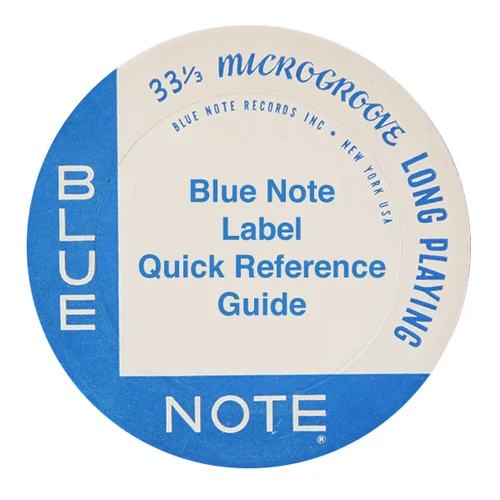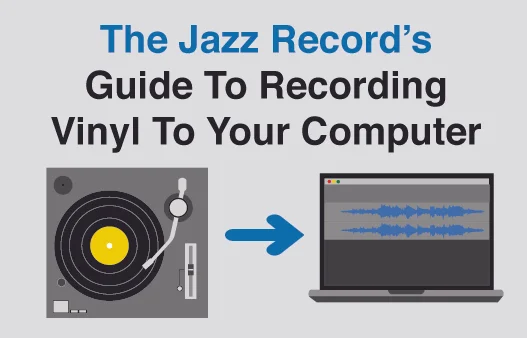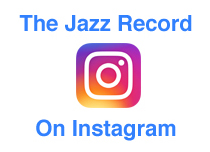We Can Do It Too!: The Jazz Couriers (Tubby Hayes & Ronnie Scott) - "England's Greatest Combo...The Couriers Of Jazz!"
/The Jazz Couriers • England's Greatest Combo...The Jazz Couriers! • 1959 • Carlton LP 12116
Recorded November 1958 in London
The Selection:
The Players:
Tubby Hayes - Tenor Sax, Vibes
Ronnie Scott - Tenor Sax
Terry Shannon - Piano
Jeff Clyne - Bass
Bill Eyden - Drums
The Tracks:
A1. Mirage
A2. After Tea
A3. Stop The World, I Want To Get Off
A4. In Salah
B1. Star Eyes
B2. The Monk
B3. My Funny Valentine
B4. Day In, Day Out
The Record:
A typical conversation about the great Tubby Hayes might go something like this:
U.S. Jazz Fan: "Who are your favorite tenor players?"
U.K. Jazz Fan: "I like Rollins, Cotrane, Mobley. And, of course, Tubby Hayes."
U.S. Jazz Fan: "Tubby who?"
As I've talked about before, the general knowledge in the American jazz community of Hayes goes beyond just under-appreciation and into the realm of ignorance. Not completely surprising, of course, as the best jazz music of the late 1950s and early 1960s clearly resided along the coasts of the United States and was put out by American labels. As the title of the excellent England's Greatest Combo...The Couriers Of Jazz makes clear this is jazz from across the water, not exactly a huge selling point to the jazz fan looking for the next big thing for their turntable. Anyone lucky enough to pick up The Couriers Of Jazz will hear Hayes in all his tenor glory: the exciting twists and turns, the big soulful tone and the exciting solos of someone who clearly understood what was happening in modern jazz at the time.
Ronnie Scott (L) & Tubby Hayes (R)
Ronnie Scott was no slouch either, in reality he may have been the more technically proficient player of the two, but he will always be best known for the eponymous jazz club he opened in London in 1959 (a club that is still kicking today). It served as a landing spot for many of America's greatest jazz players and was very clearly the epicenter for jazz in the UK. Scott's tone matched Hayes in size and tone, although he seemed to have a more lyrical measured approach to his solos.
The Jazz Couriers played their first show in April of 1957 with a group that included Jimmy Deuchar on trumpet (his presence in the group seems to be an on-and-off affair) and enjoyed quite a bit of popular success in the UK before calling it quits in August of 1959. I have read in a few places that the group modeled their hard bop approach after Art Blakey's Jazz Messengers, and this would certainly seem reasonable after a quick listen to The Couriers Of Jazz. The music is spirited blues-based jazz, with excellent soloing throughout by all the players. Besides the two tenor players, the highlight of the obscure, but swinging, rhythm section is certainly Terry Shannon who shines on the piano; the keyboard player was always an under-appreciated and integral part of the best hard bop that jazz had to offer (just think Horace Silver, Sonny Clark, Bobby Timmons and Cedar Walton) and that remains true here.
Impressively, the album features fantastic original compositions written by both Scott and Hayes, showing that they weren't mere impersonators of a sound, but rather they knew the core soulfulness behind this new sound in jazz. Obviously, Blakey always employed a talented trumpet player (Morgan, Hardman, Hubbard), a spot that is left empty during the recording of The Couriers Of Jazz, but the added texture of the trumpet is not missed on these recordings, another testament to the talents of Hayes and Scott. Hayes does, as he was apt to do, put down his horn in favor of the vibes for a couple of tracks on the album, an instrument that he was more than adept at. It offers up a nice change from the two horn front-line, and it was an approach that would be utilized further in the 1960s by some of their American counterparts.
As Ralph J. Gleason puts it in his liner notes to The Couriers Of Jazz, "Twenty, even ten years ago, it was obvious when it was a band from Europe. Frequently today one cannot tell." I imagine this was all Hayes and Scott wanted to hear, welcome praise for their music from a respected American jazz critic. Unfortunately this didn't translate too much in the way of future popularity on the US shores for the group. Hayes (who put out some great solo albums once The Jazz Couriers called it a day) or Scott (who would soon focus on his role as Britain's premier jazz ambassador) remained under the radar for most US jazz fans, an affliction that mysteriously remains to this day.
The Vinyl:
I lucked out in finding an original US mono pressing of The Couriers Of Jazz on the obscure Carlton label for a meager $16 at my local record shop, a small price to pay for an album that can fetch much higher prices on the internet. According to London Jazz Collector, Carlton was a New York-based label that was better known in it's day for popular music (country & western, crooners and rockabilly), rather than jazz releases, let alone an unknown group of Brits playing hard bop.
The album was released in the UK on London Records, and has the exact same cover as the Carlton release except the cover image is a dismal black & white. While I always presumed that the UK release came first, I now believe the US release was the primary one; on Discogs the notes on the London release state it says "Recorded by Carlton, New York" and the front cover says "A Carlton Recording" with the Carlton logo. Also, why would the secondary issue have the nicer (full-color) cover artwork? All signs point to an American record label being the one with the foresight to first record this wonderful group. Ironic, considering the lack of success the group found in the States.
For a "lesser" record label the vinyl from Carlton is first-rate: thick, with apparent deep groove markings and a phenomenal depth in it's playback. This LP has everything one hopes for from vintage vinyl - but rarely get at this price range - with it's loud, clear analog sound that gives the listener the sense that the musicians are playing right in front of them.
The normally mundane markings in the vinyl trail-off are actually pretty unique on this release, as it appears someone originally etched the wrong catalog number (117) before having to scratch that out and add the correct one (116) so that it looks like this:
"LP12 / 117 A 116 A" and "LP12 / 117 B 116 B"
That's not something you come across everyday. There is also a hand-etched "ARG" and a stamped "CT" on both sides of the trail-off.
I suppose at the end of the day it's not all that surprising that a couple of British musicians in the late 1950s learned to perfectly appropriate the art of American hard bop jazz music, as it would only be a couple more years before another generation of Brits would do the same thing, albeit this time with the blues and create a revolution in music unlike anything seen before or since. The Jazz Couriers, propelled by the talents and vision of Tubby Hayes and Ronnie Scott certainly deserved a wider American audience in their day, and unfortunately we can say the very same thing today. Who knows? Maybe one day us stubborn Yanks will finally see the light and give "England's Greatest Combo" the attention they deserve.












